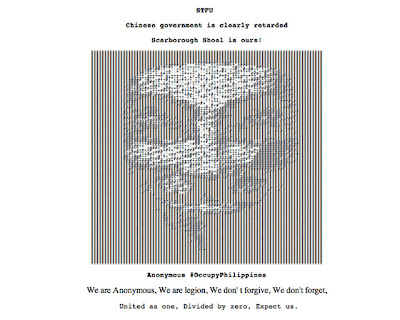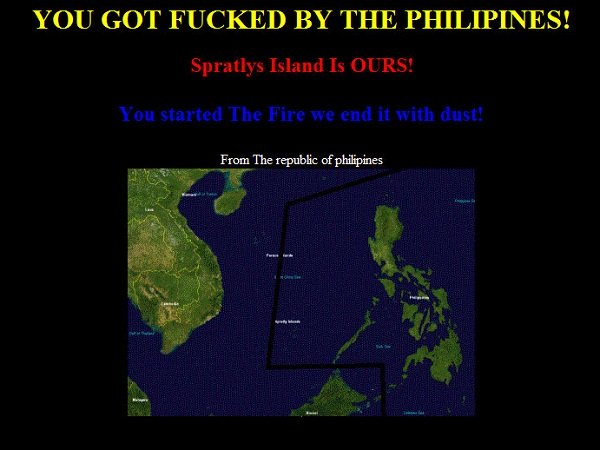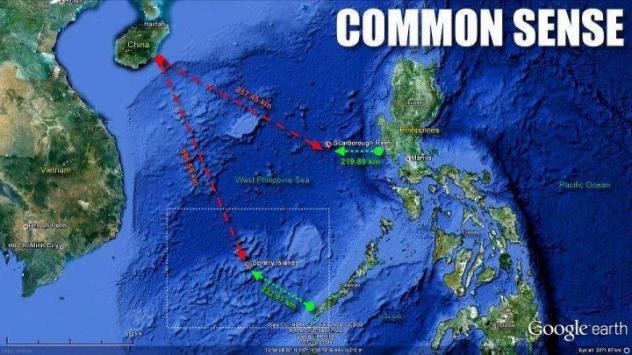Pinoy hackers strike back at China websites UP site restored
MANILA, Philippines — Responding to the defacement of the University of the Philippines (UP) website on Friday, a group of Philippine-based hackers has defaced a Chinese university website on Saturday as tension between China and the Philippines continue to escalate.
 |
| Chinese University Media Union (star.chinaumu.org; IP: 58.68.134.164) website as of 8:00 P.M., April 21, 2012 |
Other segments of the website were also inaccessible as of posting time. Other Chinese web properties that were broken into include the websites of China Youth Online, P. Loft Youth Hostel and a Chinese government website , among others.
“STFU. Chinese government is clearly retarded,” a note on the China UMU page said, just above the ASCII image rendition of the popular Guy Fawkes mask, which has been used as a symbol by international hacking group Anonymous.
 |
| Sanxinsudi.com (IP: 112.65.243.60) as of 8:00 P.M., April 21, 2012. |
DDoS is a form of cyber attack used by hacking groups to take down particular websites, which involves overwhelming the website’s server by executing external commands from a number of terminals, subsequently crippling the server indefinitely.
On early Friday morning, the UP website featured a photo depicting China’s territorial claim of the Spratly Islands, particularly the Scarborough Shoal (or Huangyan Island), which has been the subject of a recent standoff between Chinese and Philippine naval forces.
“We come from China! Huangyan Island is Ours!” a caption below the photo of the defacement said.
Officials from the two countries have yet to issue a statement about the defacements as the Philippines prepares to bring closure to the standoff by bringing it to international court.
copyright on interaction.com
Huangyan is the Chinese name for the Scarborough Shoal, where the two countries have had vessels stationed for nearly two weeks in a standoff to assert their rival claims to the area. The UP website was back online on Saturday.
Foreign Affairs spokesman Raul Hernandez suggested the hacking could be linked to the standoff. “These computer hacking(s) are sometimes… done by some people who are passionately affected and involved in the discussion,” he told reporters.
“There has to be an investigation first to find out who exactly did this.” China had been accused of a coordinated cyber hacking of some of the world’s biggest companies and foreign government agencies. Beijing vehemently denied this.
The Philippines, meanwhile, has been tagged one of the world’s top sources of a dangerous kind of cyber attack designed to take down entire computer networks and shut down key consumer services.
The latest report by Russian Internet security firm Kaspersky Labs showed the Philippines ranking 13th on a list of 23 countries where “distributed denial of service” or DDOS attacks originated in 2011. A DDOS attack makes a computer or network unavailable to its users by hackers in control of several devices. This is done by flooding a server with more network traffic than it can handle.
As a consequence, the server is prevented from carrying out its normal functions and, in some circumstances, crashes completely.
The Philippines was one of four Southeast Asian countries to make the list, the others being Malaysia which ranked 5th, Indonesia 18th and Vietnam 19th. Over 90 percent of all DDOS attacks came from the 23 countries on the list.
